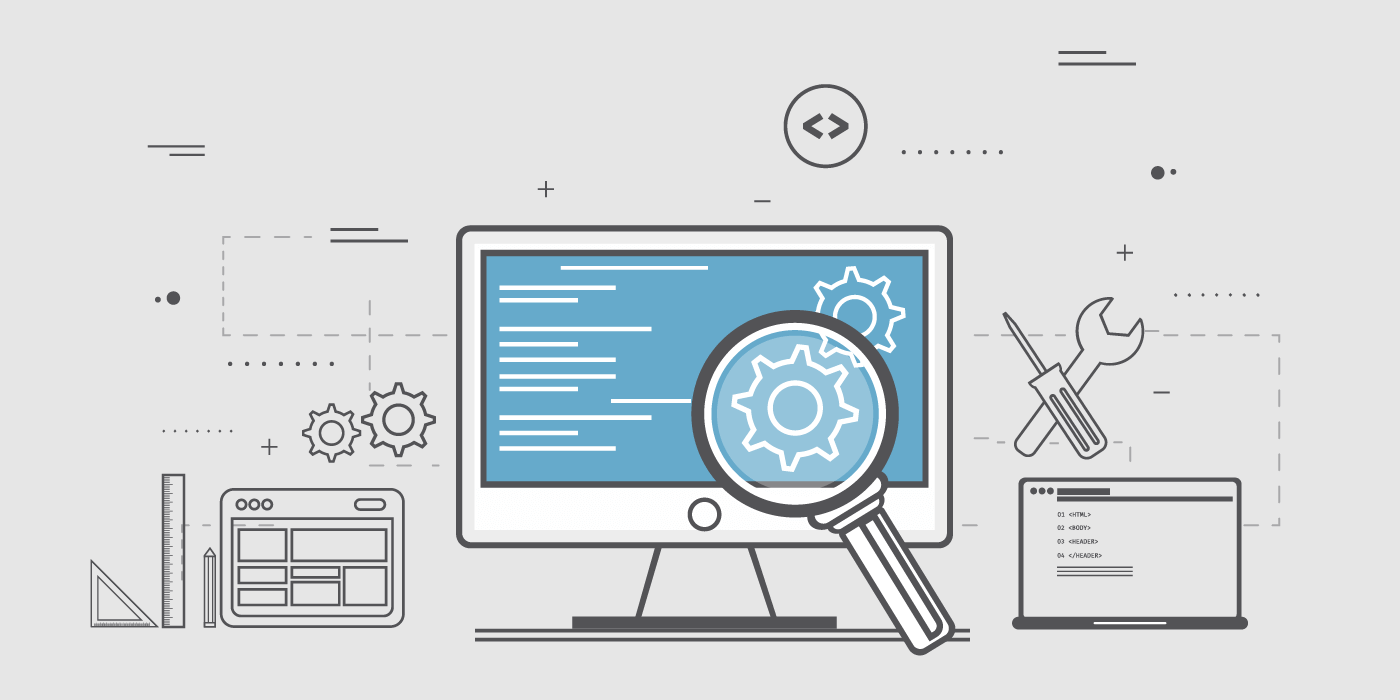Choosing the right web testing tool for your project can be a daunting task, as the market is flooded with a plethora of options. Whether you are a seasoned developer or new to the world of web testing, finding the tool that best suits your needs is essential to ensuring the success of your project.
With factors such as budget constraints, project requirements, and team expertise to consider, making an informed decision is crucial. In this article, we will explore the key considerations to keep in mind when selecting a web testing tool that aligns with your project goals and objectives.
Understanding the Importance of Web Testing
 Understanding the importance of web testing is essential for ensuring the success of your project.
Understanding the importance of web testing is essential for ensuring the success of your project.
Web testing helps to identify any potential issues or bugs in the code before it goes live, resulting in a more user-friendly and reliable website. By thoroughly testing the functionality, performance, and security of your website, you can provide a seamless experience for your users and build trust in your brand.
Ignoring web testing can lead to costly errors and damage to your reputation, making it a critical step in the development process. Choose the right web testing tool for your project to streamline the testing process and catch any issues early on, ultimately saving time and resources in the long run.
Assessing Your Project Requirements
Before choosing a web testing tool for your project, its important to thoroughly assess your project requirements. Start by identifying the key objectives and goals of the project, as well as the specific functionalities and features that need to be tested.
Consider factors such as the size and complexity of the project, the technologies and platforms involved, and the level of automation required. Additionally, think about the team members who will be using the tool, their level of expertise, and any specific preferences or requirements they may have.
By carefully evaluating your project requirements upfront, you can ensure that you select a web testing tool that meets your needs and helps you achieve your testing goals effectively.
Researching Available Web Testing Tools
 When embarking on a new web testing project, the first step is researching the many available tools to ensure you select the right one for your specific needs.
When embarking on a new web testing project, the first step is researching the many available tools to ensure you select the right one for your specific needs.
With a plethora of options on the market, it can be overwhelming to determine which tool will best suit your project requirements. It is essential to consider factors such as the types of tests you need to run, the complexity of your website, and the level of technical expertise required to use each tool effectively. By carefully evaluating each tools features, capabilities, and user reviews, you can make an informed decision that will ultimately lead to successful testing and optimal results for your website.
Evaluating Key Features and Functionality
 When selecting a web testing tool for your project, it is essential to carefully evaluate the key features and functionality that each tool offers.
When selecting a web testing tool for your project, it is essential to carefully evaluate the key features and functionality that each tool offers.
Consider the specific requirements of your project and ensure that the tool you choose has the necessary capabilities to meet those needs. Look for features such as test automation, cross-browser compatibility testing, mobile testing support, and integration with popular testing frameworks. Additionally, consider the ease of use and user interface of the tool, as well as the level of technical support and documentation provided.
By thoroughly assessing these key features and functionalities, you can select the right web testing tool that will help you achieve your project goals efficiently and effectively.
Conclusion
In conclusion, selecting the appropriate web testing tool for your project is crucial in ensuring the success of your application. By considering factors such as functionality, ease of use, compatibility, and budget, you can make an informed decision that meets the specific needs of your project.
Additionally, tools like WebDriver can further enhance the efficiency and accuracy of your testing process. Ultimately, investing time and resources in choosing the right web testing tool can save you valuable time and effort in the long run, leading to a more reliable and high-quality final product.





